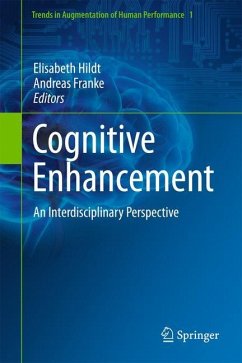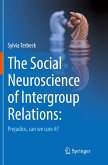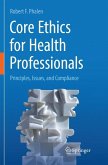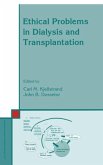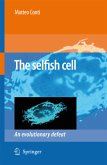Cognitive enhancement is the use of drugs, biotechnological strategies or other means by healthy individuals aiming at the improvement of cognitive functions such as vigilance, concentration or memory without any medical need. In particular, the use of pharmacological substances (caffeine, prescription drugs or illicit drugs) has received considerable attention during the last few years. Currently, however, little is known concerning the use of cognitive enhancers, their effects in healthy individuals and the place and function of cognitive enhancement in everyday life. The purpose of the book is to give an overview of the current research on cognitive enhancement and to provide in-depth insights into the interdisciplinary debate on cognitive enhancement.
From the reviews:
"The editors and chapter authors have produced a very informative book. The intended audience is wide ranging and includes ethicists, philosophers, physicians, psychologists, attorneys, and legislators. ... Written and edited by international experts in the field, this is a welcome addition to neuroethics. It covers an increasingly important issue for our society, cognitive enhancement." (Michael Joel Schrift, Doody's Book Reviews, August, 2013)
"The editors and chapter authors have produced a very informative book. The intended audience is wide ranging and includes ethicists, philosophers, physicians, psychologists, attorneys, and legislators. ... Written and edited by international experts in the field, this is a welcome addition to neuroethics. It covers an increasingly important issue for our society, cognitive enhancement." (Michael Joel Schrift, Doody's Book Reviews, August, 2013)

